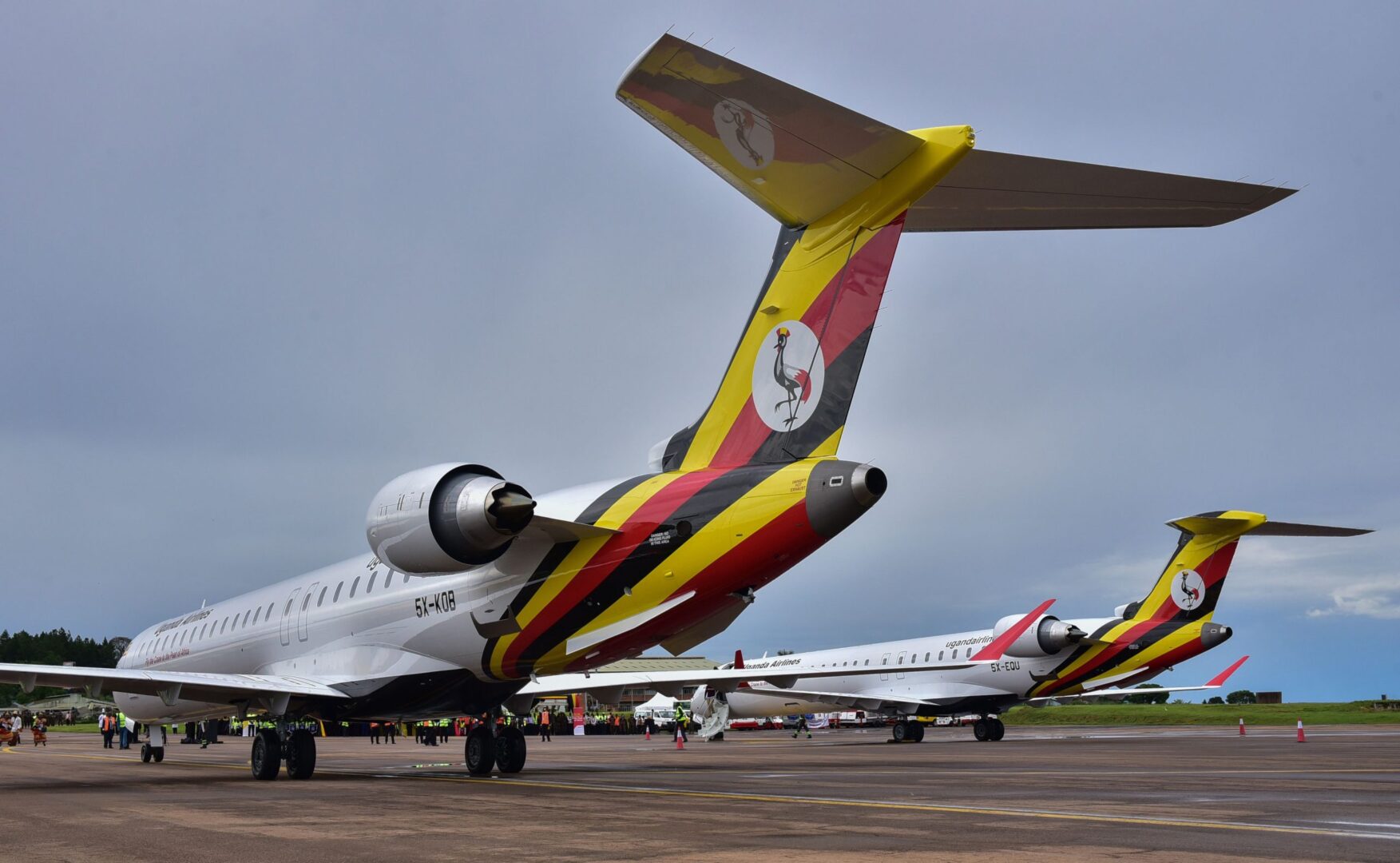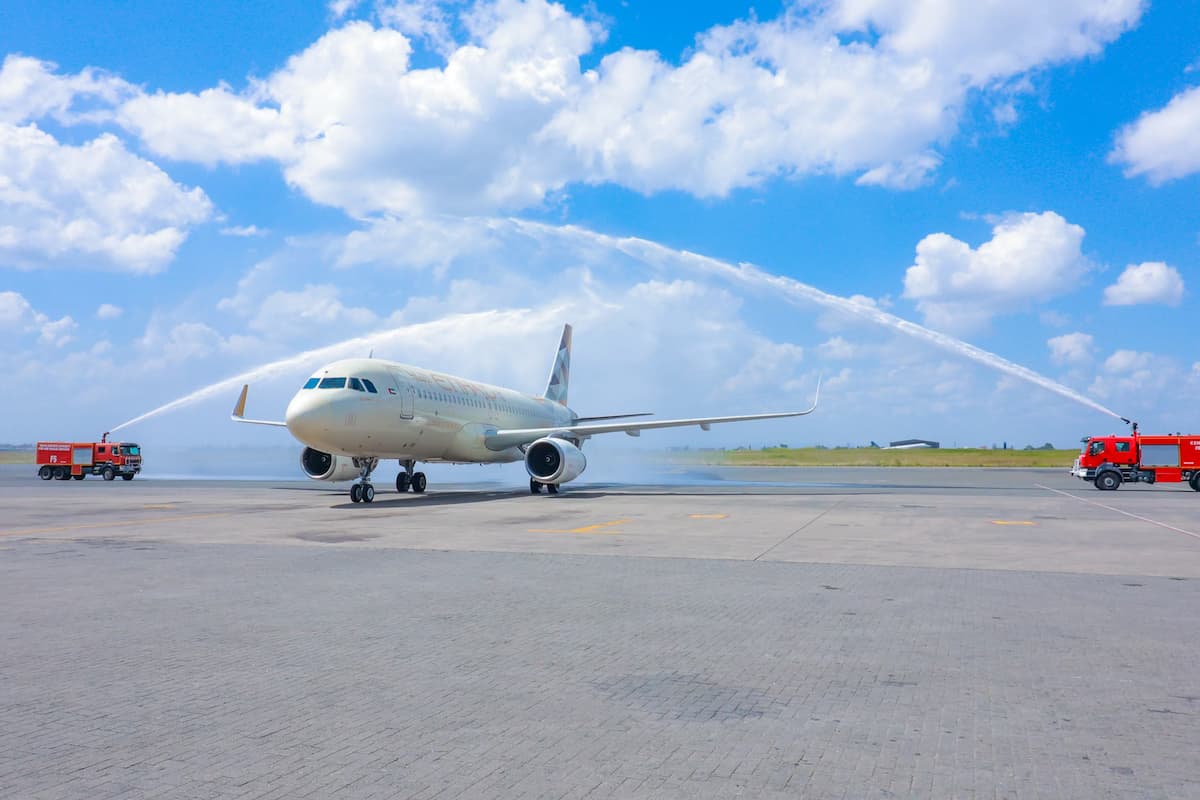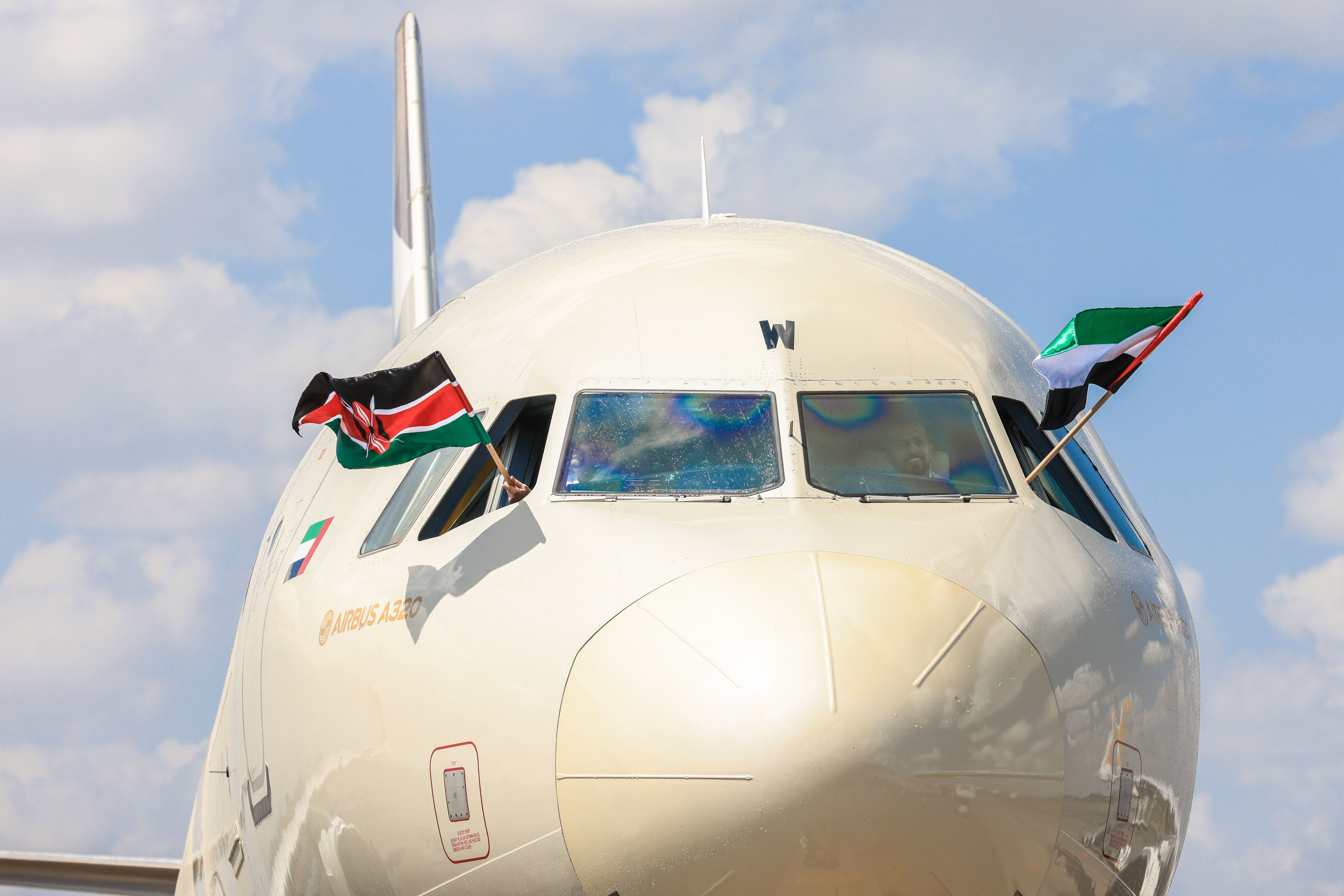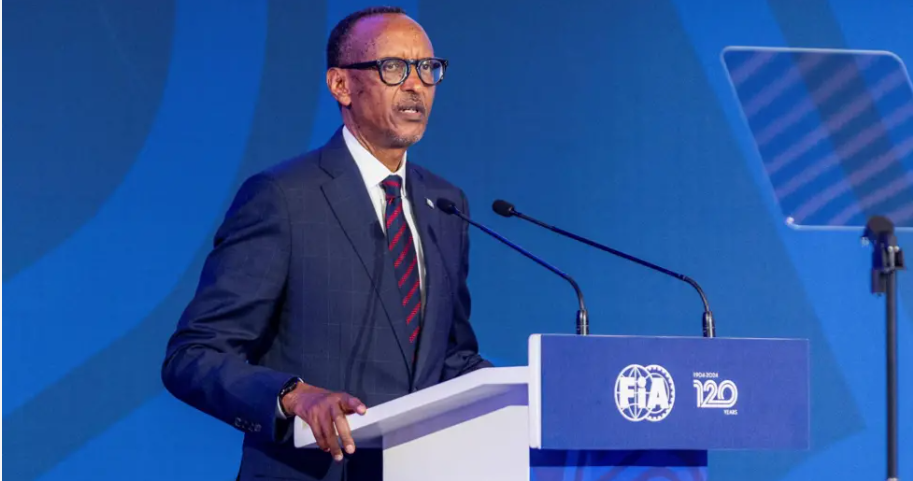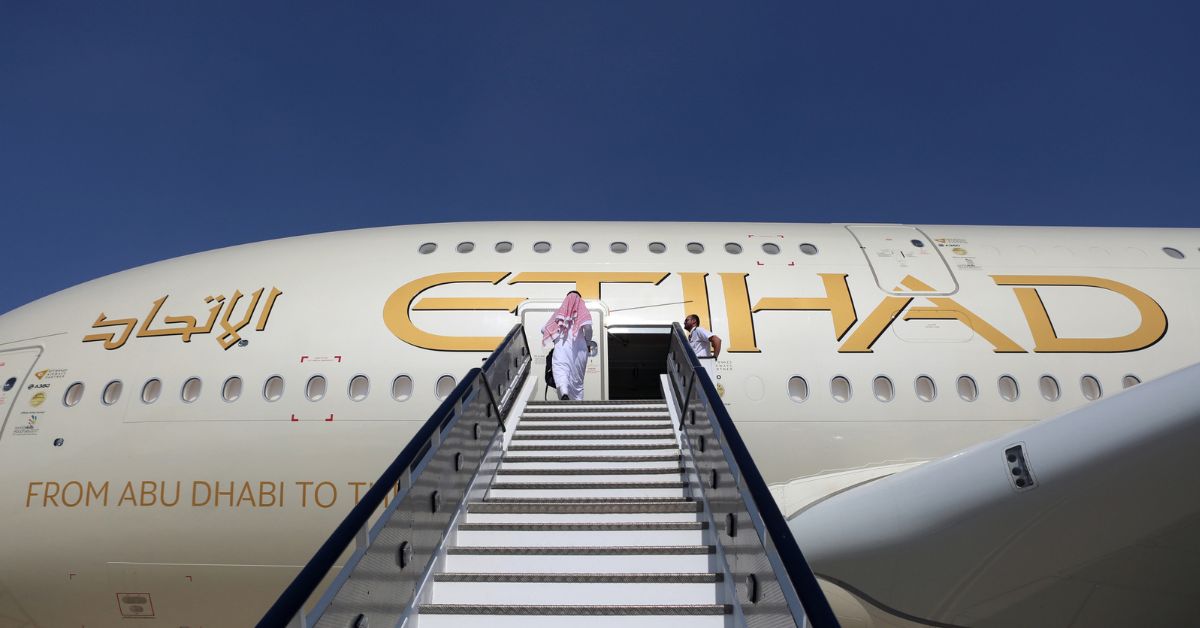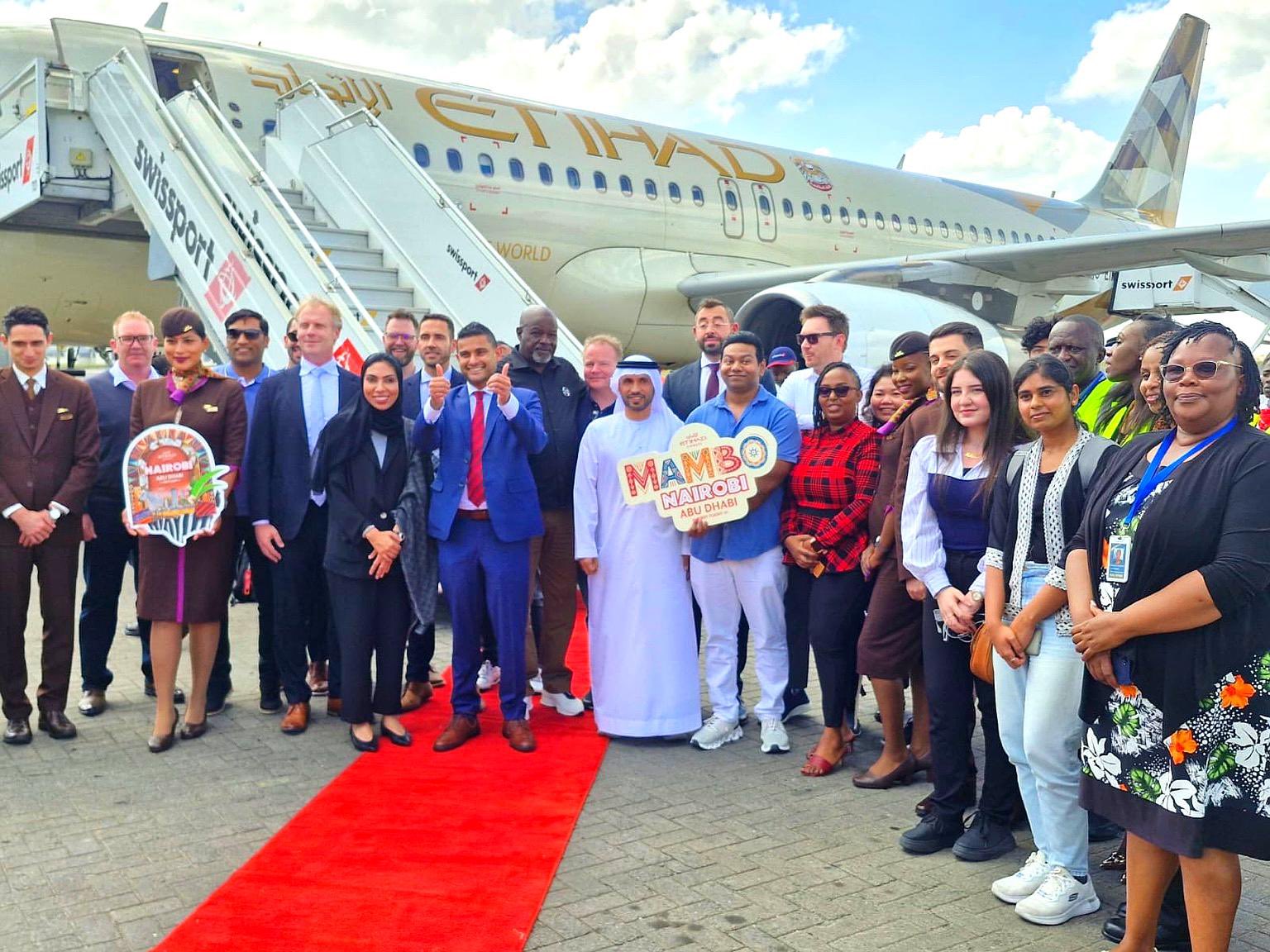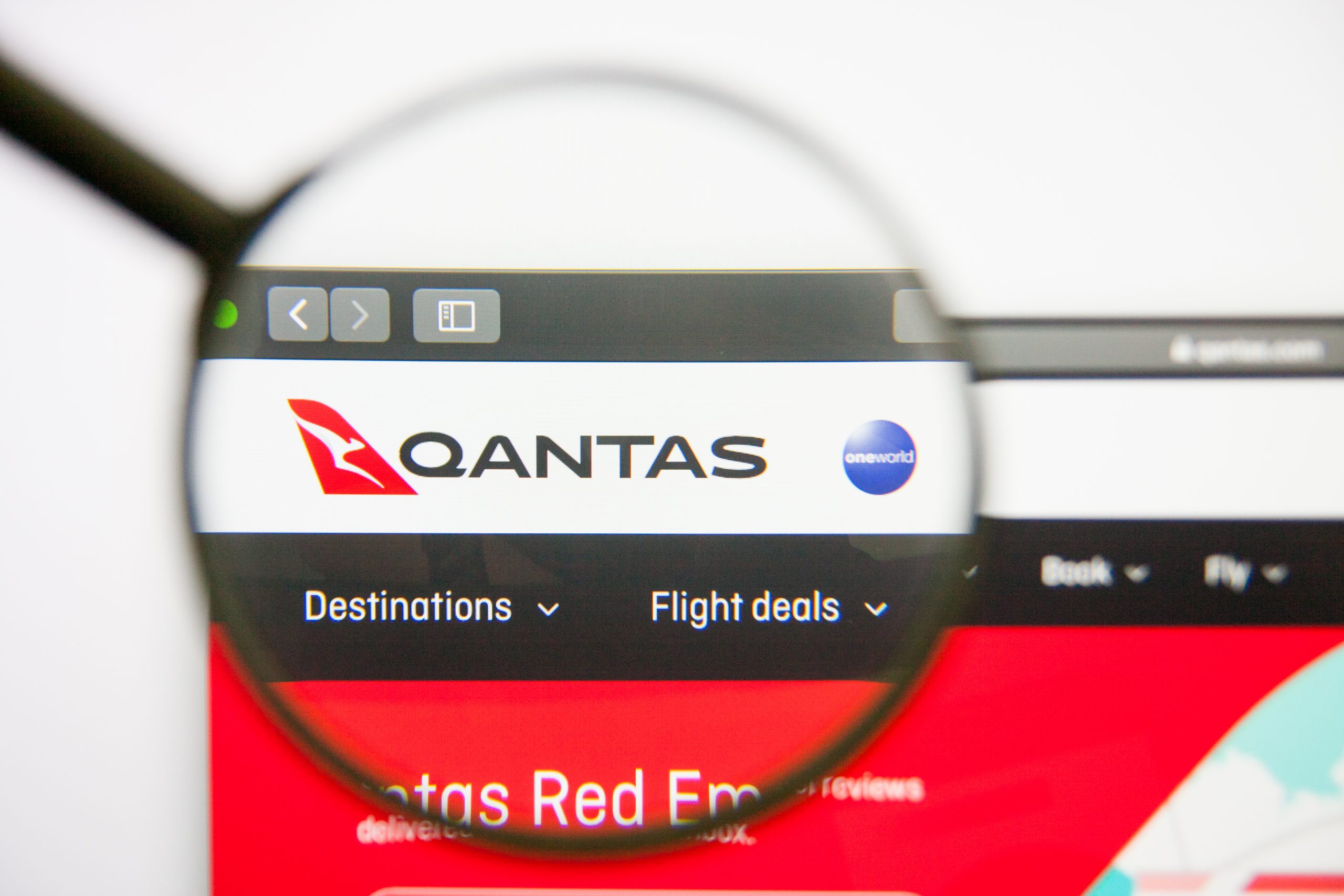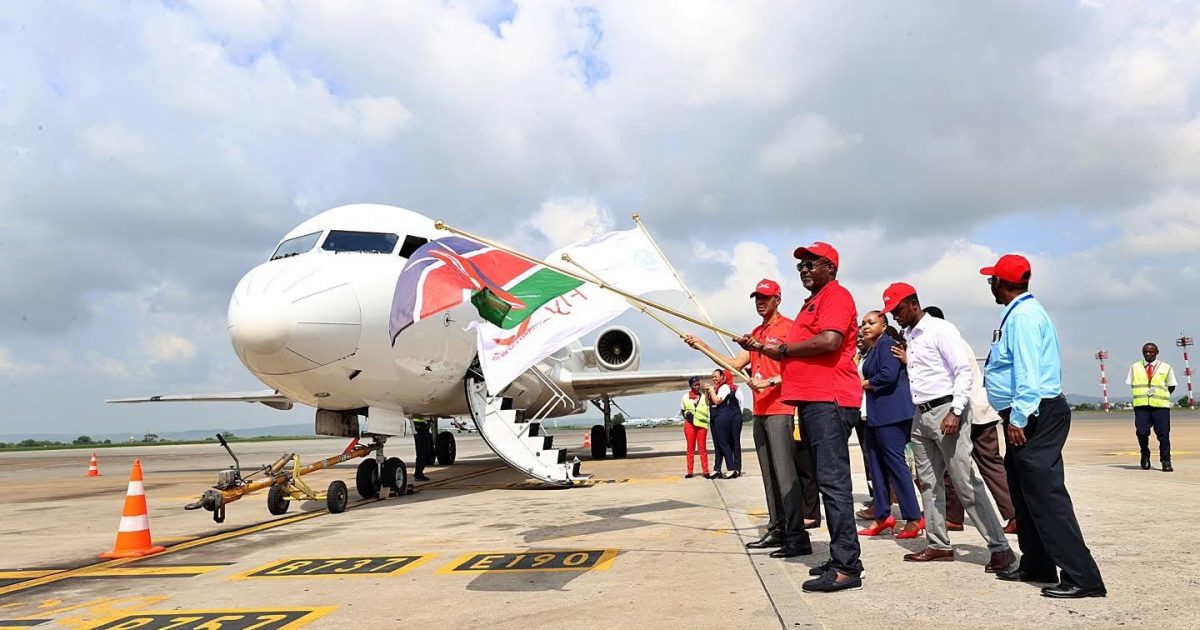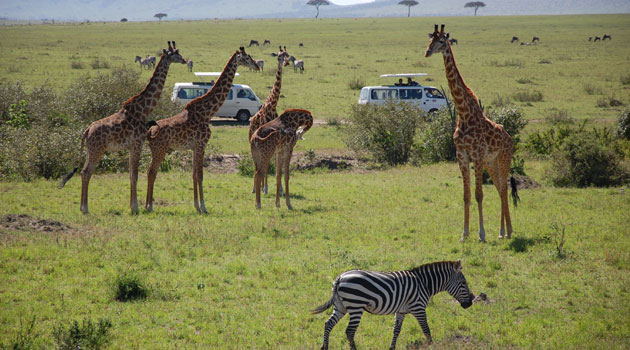Dubai, United Arab Emirates: The Dubai Department of Economy and Tourism (DET) has signed a strategic memorandum of understanding (MoU) with IHG Hotels & Resorts, one of the world’s leading hotel companies, to further enhance the destination’s offerings and visitor experience. The agreement encompasses joint marketing initiatives, training programmes for hospitality professionals, and the creation of new tourism experiences.
The MoU was signed by His Excellency Issam Kazim, CEO of Dubai Corporation for Tourism and Commerce Marketing (DCTCM), part of DET, and Haitham Mattar, Managing Director – India, Middle East and Africa, IHG Hotels & Resorts. It highlights DET’s ongoing commitment to working with regional and global hospitality brands to foster innovation and industry excellence, and is aligned with the ambitious goals of the Dubai Economic Agenda, D33, to further consolidate Dubai’s position as a leading global city for business and leisure.
Establishing a framework for further collaboration and alignment between the two entities, the agreement will see DET and IHG Hotels & Resorts work together on marketing and promotional campaigns, while the hotel group will also actively highlight Dubai as a premier tourist destination through its own marketing channels and social media platforms. In addition, the two entities will collaborate to create and enhance tourism products that showcase Dubai’s unique attractions, including cultural heritage tours and seasonal offers, which will be integrated into special packages that cater to different markets.
Through the MoU, employees at IHG Hotels & Resorts will be able to participate in training courses, offered by DET’s Dubai College of Tourism, and hotel staff will also have access to relevant resources and experts. These encompass specialised training sessions, workshops, and certification programmes, designed to equip employees with the latest industry knowledge and best practices. Another major focus is the integration of Dubai tourism experiences into the hotel group’s global IHG One Rewards loyalty programme with more than 130 million members, to incentivise repeat visits and enhance guest engagement.
His Excellency Issam Kazim, CEO of the Dubai Corporation for Tourism and Commerce Marketing (DCTCM), said: “Inspired by our city’s leadership and their focus on leveraging partnerships across the public and private sectors, this strategic collaboration with IHG Hotels & Resorts is an important step in achieving the goals of the D33 Agenda and will keep Dubai top-of-mind globally. It is a testament to the pivotal role of our stakeholders in driving sustainable growth and innovation in Dubai’s tourism sector, and will showcase the city to new audiences across international markets. As we continue to collaborate, we will introduce new experiences that attract a diverse range of travellers and enhance the city’s appeal as a world-class destination, enabling Dubai to further position itself as the best city to visit, live, and work in.”
Haitham Mattar, Managing Director – India, Middle East and Africa, IHG Hotels & Resorts, said: “Testament to our commitment to support the growth of the tourism and hospitality sector in Dubai, we are delighted to partner with the Dubai Department of Economy and Tourism through this strategic MoU. At IHG Hotels & Resorts we are committed to delivering exceptional experiences for our guests at exciting destinations, and this collaboration will allow us to showcase Dubai’s unique offerings even more widely and effectively. By leveraging our global and local reach through our world class loyalty programme, IHG One Rewards as well as impactful marketing and promotional campaigns, as we aim to promote Dubai as an inviting destination while enhancing the visitor experience, in line with our dedication to excellence in hospitality.”
In the Middle East, IHG Hotels & Resorts currently operates 117 hotels across nine brands, including InterContinental, Vignette Collection, Crowne Plaza, Holiday Inn, Holiday Inn Express, Staybridge Suites, Hotel Indigo, voco and Six Senses. The company has 27 properties in its Dubai portfolio, and new openings in the pipeline include Ciel, Vignette Collection in Dubai Marina, which is set to be the tallest all-hotel tower in the world when it opens in 2025, and the InterContinental Resort Portofino, The Heart of Europe, on The World Islands, which will be the InterContinental brand’s first resort property in Dubai, opening in early 2026.
Through strategic alliances, innovative ventures, and a steadfast commitment to excellence, Dubai continues to attract millions of visitors, bolstering the city’s dynamic economy. Following a landmark 17.15 million international overnight visitors in 2023, the growth of Dubai’s tourism sector has continued into 2024. Dubai welcomed 14.96 million international visitors from January to October 2024, an increase of 8% compared to the same period in 2023 – a record-breaking year for tourism in Dubai.
In the first ten months of 2024, Dubai’s hotel sector also continued to perform well across all hospitality metrics. Average occupancy stood at an impressive 77% from January to October, with Dubai’s hotel inventory consisting of 152,532 rooms across 827 establishments at the end of the period.
For more information about Dubai Department of Economy and Tourism (DET) and IHG Hotels & Resorts, please visit: dubaidet.gov.ae and ihg.com
About Dubai Department of Economy and Tourism (DET)
With the ultimate vision of making Dubai the world’s leading commercial centre, investment hub and tourism destination, Dubai Department of Economy and Tourism (DET) is mandated to support the Government in positioning the emirate as a major hub for global economy and tourism, and in boosting the city’s economic and tourism competitiveness indicators, in line with the goals of the Dubai Economic Agenda, D33, which aims to double the size of the emirate’s economy and consolidate its position among the top three global cities over the next decade.
Under this remit, DET is driving efforts to further enhance Dubai’s diversified, innovative service-based economy to attract top global talent, deliver a world-class business environment and accelerate productivity growth. Additionally, DET is supporting Dubai’s vision to become the world’s best city to visit, live and work in by promoting its diverse destination proposition, unique lifestyle and outstanding quality of life, overall.
DET is the principal authority for planning, supervising, developing and marketing Dubai’s business and tourism sectors. It is also responsible for licensing and classifying all types of businesses, including hotels, tour operators and travel agents. DET’s portfolio includes Dubai Economic Development Corporation (DEDC), Dubai Business Registration and Licensing Corporation (DBLC), Dubai Corporation for Consumer Protection and Fair Trade (DCCPFT), Dubai SME, Dubai Corporation for Tourism and Commerce Marketing (DCTCM), Dubai Festivals and Retail Establishment (DFRE) and Dubai College of Tourism (DCT).
About IHG Hotels & Resorts
IHG Hotels & Resorts is a global hospitality company, with a purpose to provide True Hospitality for Good.
With a family of 19 hotel brands and IHG One Rewards, one of the world’s largest hotel loyalty programmes, IHG has more than 6,400 open hotels in over 100 countries, and a development pipeline of over 2,200 properties.
- Luxury & Lifestyle: Six Senses, Regent Hotels & Resorts, InterContinental Hotels & Resorts, Vignette Collection, Kimpton Hotels & Restaurants, Hotel Indigo
- Premium: voco hotels, HUALUXE Hotels & Resorts, Crowne Plaza Hotels & Resorts, EVEN Hotels
- Essentials: Holiday Inn Express, Holiday Inn Hotels & Resorts, Garner hotels, avid hotels
- Suites: Atwell Suites, Staybridge Suites, Holiday Inn Club Vacations, Candlewood Suites
- Exclusive Partners: Iberostar Beachfront Resorts
InterContinental Hotels Group PLC is the Group’s holding company and is incorporated and registered in England and Wales. Approximately 375,000 people work across IHG’s hotels and corporate offices globally.
Visit us online for more about our hotels and reservations and IHG One Rewards. To download the new IHG One Rewards app, visit the Apple App or Google Play stores.
Source: Zawya

